
Providing clean air for birds in captivity is as essential as providing fresh water and food. In an enclosed area, without proper filtration the amount of potential dust, dander, and other pollutants that can be inhaled by the birds is hazardous. Using an effective air purifier to clear the air is a must. Here are answers to 5 questions that you should ask before deciding on a cleaner.
What by-products does it produce? This is a great starting point because units that produce any amount of ozone or ionized particles should be out of the running immediately.
The Environmental Protection Agency says that any amount of ozone produced indoors is harmful to life. And ionized particles often stick together and can pose problems in air passages of birds and the lungs of humans. The only product that any cleaner used in an aviary should produce is fresh, clean air.
How much maintenance is required? The answer to this question should be "minimal". And minimal should be defined as occasionally vacuuming the outside of the unit. Filtration should never have to be interrupted while anyone opens the unit for cleaning, spraying, recharging, or vacuuming. Not only does this allow pollutants to build up, but it takes time that could probably be used in a better way.
What kinds of filters are needed? Since birds produce both particulate and gaseous pollutants there need to be multiple filters that are designed to eliminate both types.
Multiple particle filters for a wide range of sizes prevents one filter from filling prematurely with particles that could be eliminated by a bigger or smaller filter. Large and medium size pre-filters can easily eliminate particles that can be seen without magnification.
A HEPA (or high efficiency particle arresting) filter should also be included in the cleaner to remove microscopic particles down to .3 microns in size with a micron being defined as one millionth of a meter.
Carbon has long been known for its ability to eliminate gases, chemicals, and odors. A purifier with carbon cloth offers the best of both worlds. Because it is a cloth, it offers additional elimination for particles. And because it is made of carbon, it can effectively remove gaseous pollutants that can be so detrimental to bird health.
How often should filters be replaced? With a canister of filters, each specifically designed to remove a certain type of pollutants; you should expect to get 5 years out of your filter. And since talk is cheap, look for a manufacturer who offers a prorated warranty that insures the 5 year filter life.
What type of material should the purifier be made of? Steel is best for a number of reasons. First, it can withstand the curious pecking and toe action that it might encounter from the occupants. And the cleaner you select should be able to run 24 hours every day.
Some purifiers that are made of plastic can off-gas noxious fumes once the motor heats up the plastic casing. This will not happen with a unit made of steel.
An air cleaner that has these features will keep the air in your aviary, regardless of whether it is commercial or in your home, clear. And this will go a long way towards helping your avian friends live a long and healthy life.
See the air purifier that aviaries across the country are continuing to use because of its incredible effectiveness now at http://purerair.com/bird_dust_air_purifier.html
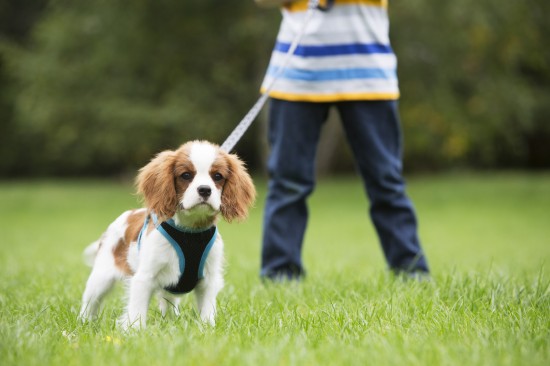 Walking A Reactive Dog On The Lead
Walking A Reactiv
Walking A Reactive Dog On The Lead
Walking A Reactiv
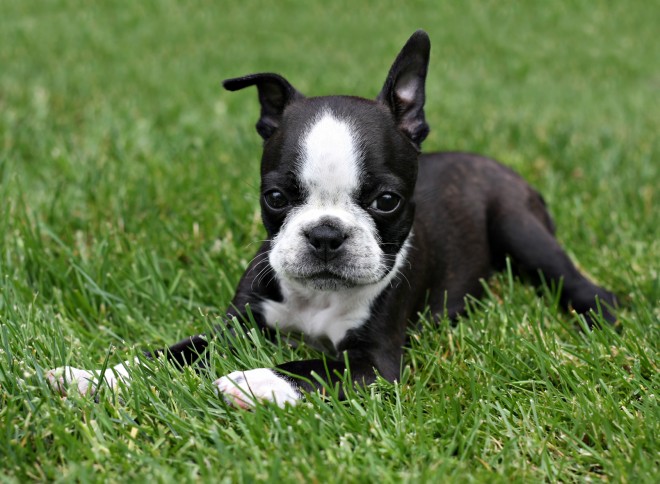 Hay Fever In Dogs
Hay Fever In Dogs
Hay Fever In Dogs
Hay Fever In Dogs
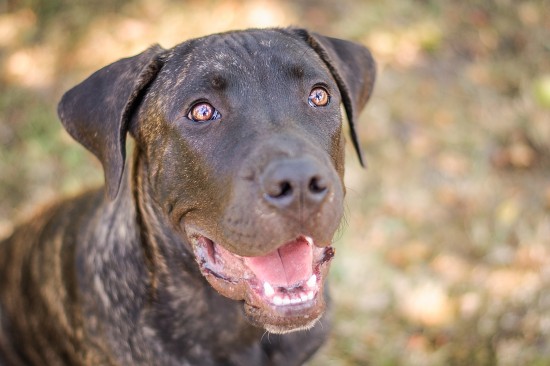 Is The Presa Canario Dog A Good Choice Of Pet?
Is The Presa Cana
Is The Presa Canario Dog A Good Choice Of Pet?
Is The Presa Cana
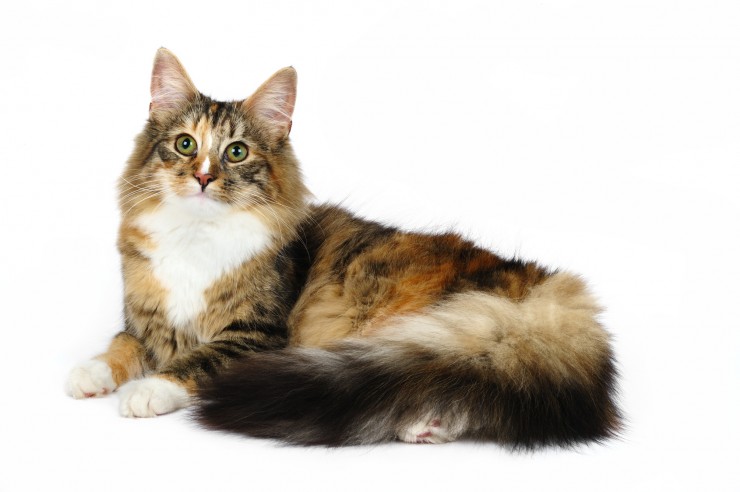 Norwegian Forest Cat Health Issues
Norwegian Forest
Norwegian Forest Cat Health Issues
Norwegian Forest
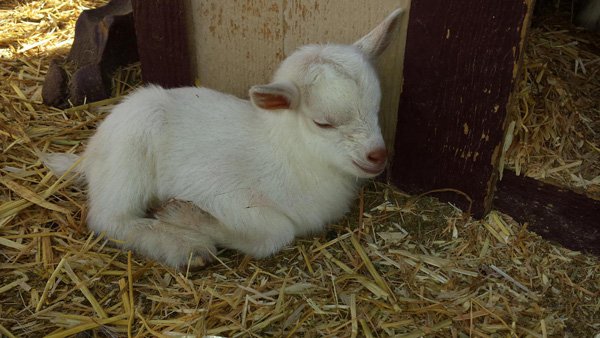 Maintain the Health and Stamina of Your Horse with Adequate Equine Supplements
Maintain the Health and Stamina of Your Horse with Adequat
Maintain the Health and Stamina of Your Horse with Adequate Equine Supplements
Maintain the Health and Stamina of Your Horse with Adequat
Copyright © 2005-2016 Pet Information All Rights Reserved
Contact us: www162date@outlook.com